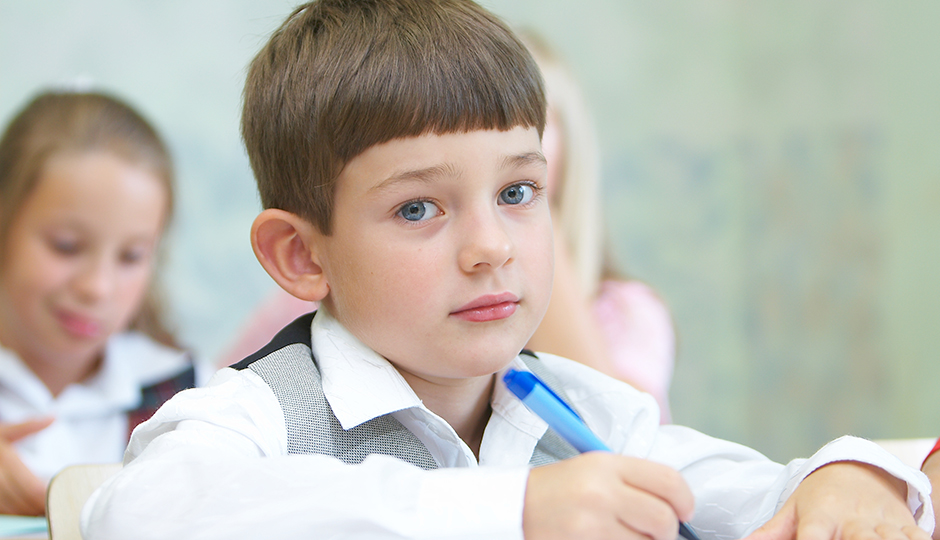Succeeding in school in spite of deafness represents a serious challenge for any student.
In fact, data show that children with a significant hearing impairment generally do not exceed a fourth-grade reading level.
Learning delays and difficulties in deaf children become apparent right from the beginning of their education.
In order to provide a better understanding of this problem and to aid in the creation of better-targeted preventive interventions for improving reading learning in deaf children, Pauline Sirois, research professor with the Département d'études sur l'enseignement et l'apprentissage at Université Laval, carried out a study examining the links between the foundations of written language learning and the development of reading comprehension.
For the study, the researcher followed 22 deaf students and 99 hearing students from the start of first grade until the end of third grade, collecting data pertaining to various aspects of reading and writing development.
The research showed that learning delays and difficulties in deaf children become apparent right from the beginning of their education.
Indeed, Pauline Sirois's work has been key to the development of the educational programs offered by École oraliste, a school for deaf children aged four to sixteen. These programs are designed to prepare and support deaf children in their language development and school education.
Strongly committed to helping these young people, Pauline Sirois has been working for the past 20 years on advancing thinking about the education of deaf children.




